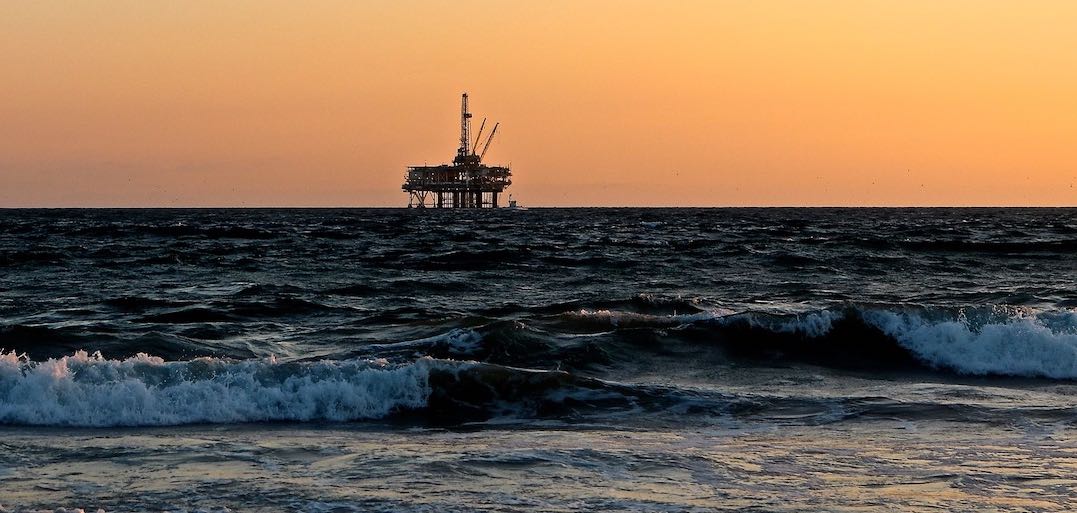Despite calls from the US, the EU, and Egypt, Minister of Foreign Affairs of Turkey Mevlut Cavusoglu announced that in addition to the Fatih drill ship, which is currently in the west of Cyprus, Yavuz drillship would be sent to the region. He declared that Turkey had completed the seismic survey activities and drilling activities would be started. How will Russia with growing influence in the Eastern Mediterranean both in military and geopolitical terms, react to Turkey’s initiative that has increased the tension in the region? How will the Turkish-Russian relations be affected regarding the S-400 and Syria issues?
Why is the Eastern Mediterranean important for Russia?
Russia is a country that builds its economy and foreign policy on energy policies. It supplies more than 40% of budget revenues from energy sources. The EU meets 41% of its natural gas demand from Russia. It is a priority for Russia to ensure the continuity of energy revenues and maintain a monopoly in the European gas market.
The gas reserves in the Eastern Mediterranean and the Southern Gas Corridor to carry this gas to Europe have the potential to create an alternative to Russian gas for Europe. For this reason, Russia is trying to shape this equation in the direction of its own interests by being involved in the energy projects in the Eastern Mediterranean and developing bilateral relations with the riparian countries.
The Russian Lukoil company purchased 30% of the ZOHR field owned by Egypt in the Eastern Mediterranean. Novatek set up a consortium in Lebanon with ENI and Total for reserve exploration. The right of 25 years of drilling in the coastal part of Syria from Banyas to Tartus belongs to Russian energy companies. Russia, by developing cooperation with Israel, plans to sell a portion of the gas as LNG (Liquefied natural gas) from Tamar and Leviathan fields to the East Asian market, rather than Europe.
However, the fact that East Mediterranean Gas Forum was founded with the encouragement and support of the US, and the involvement of ExxonMobil as an energy giant to the game pushed Turkey out of the equation and at the same time endangered Russia’s energy policy in the region.
Turkey took action to change the balance in her favor
Recently, Turkey, thinking that its continental shelf is being violated by Greek Cypriots, has announced drilling in the west of Cyprus, to change the rules of the game in the eastern Mediterranean and to force the parties to a negotiation that includes herself. Apparently, with this attempt, Turkey aims to impose its continental shelf boundaries (de facto) and to invalidate East Mediterranean Gas Forum. It should be stated that Turkey has no other option in terms of realpolitik at this stage.
Russia wants to get as many concessions as it can from Turkey in the short term
Turkey’s drilling operation carries several meanings from the perspective of Russia. Although a strategic partnership seems to be between the two countries about issues such as the supply of S-400 air defense systems, TurkStream and Syria, the relations are more in line with the interests of Russia. Russia thinks this cooperation has a capacity and it will benefit from this relationship as much as possible by exploiting it. The option that relations with Turkey might not be long-lasting is always kept at the table by the Russians.
From this point of view, the question coming to the agenda is whether Russia would endanger its bilateral relations established in the eastern Mediterranean at the expense of supporting Turkey. As a matter of fact, the Russian Ministry of Foreign Affairs called the parties to act in accordance with international law in a statement concerning the drilling activity. The diplomatic statement does not contain a harsh tone compared to the one in the US State Department statement and Russia seems to prefer to use a modest language.
The support of Russia as a permanent member of the UN Security Council is important for Turkey
To receive support from Russia on this issue is very important for Turkey. In fact, Russia’s support as a permanent member of the UN Security Council will make it difficult to take a sanction decision on this issue for the Council. However, whenever Turkey has been isolated and called for Russian support, she had to give big concessions.
Considering the current course of the crisis, it is not difficult to predict what will the cost of partial Russian support to be given to Turkey. Another important point is that if Turkey starts drilling activities without any interference, it will be perceived as Turkey’s success as much as the failure of the EU who could not protect the rights of Cyprus and the US as the supporter of East Mediterranean Gas Forum. In such an environment, Russia can become a reliable partner for natural gas projects and gain new positions for cooperation.
Russia will support Turkey depending on the size of concessions
Consequently, Russia’s attitude towards Turkey may harden according to the course of the crisis and conjuncture. In this case, Russia, likely to approach to the issue in a pragmatic way, will support Turkey depending on the size of concessions it gets from Turkey. As the crisis deepens, Turkey may continue its decisive position on the S-400 to get the support of Russia and might consider a military operation in the east of the Euphrates in Syria as a second front with the implicit Russian support. The support that Russia will give to Turkey would be to the extent that Russia will be able to maintain its cooperation with Egypt, Israel, Lebanon, and Greek Cypriots.
*Security Analyst at Beyond the Horizon ISSG

